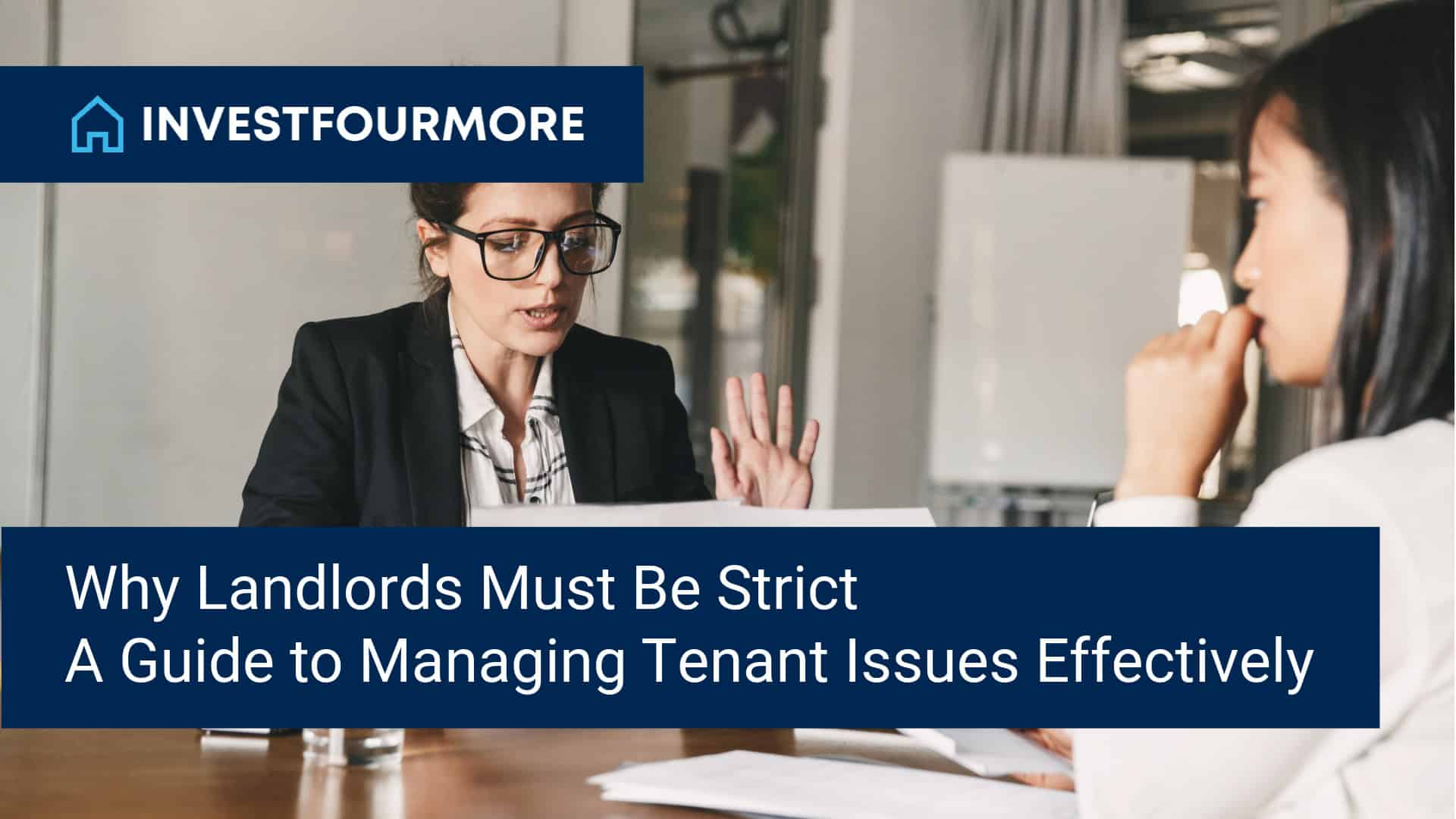

An essential aspect of being a successful landlord is being strict with your tenants. Letting tenants walk all over you can lead to a multitude of problems, and it’s crucial to enforce your rules and leases diligently. Here’s why you need to be strict and how it can actually benefit your business and your tenants in the long run.
Video: Why Landlords Must Be Strict
The Importance of Enforcing Lease Agreements
One of the key reasons to be strict with tenants is to maintain order and respect for the lease agreements. For example, I allowed tenants to temporarily park in a car wash area while it was out of order.
However, they took advantage of this leniency, started performing car repairs, and left paint all over. This incident highlights the old adage: if you give an inch, they’ll take a mile. It’s vital to adhere strictly to lease terms regarding parking, property use, rent payments, and late fees to prevent such issues.
Top 5 Mistakes Landlords Make
Addressing Issues Promptly and Firmly
When tenants violate lease agreements, addressing the issue promptly is crucial. In the case of the car wash situation, we posted notices and warned the tenants about towing their cars.
Despite initial verbal and written warnings, it wasn’t until we took the more severe step of posting tow stickers that the cars were finally moved. This approach applies to other issues such as late rent and property misuse.
The Role of Property Managers
If you find it challenging to be strict, hiring a property manager can be an effective solution. A property manager can enforce the rules impartially, citing you as the authority behind the decisions.
This arrangement helps avoid personal conflicts and ensures that tenants understand the seriousness of their violations. It’s okay to recognize if you’re not naturally strict and find someone who can handle this aspect of the business for you.
How to Find a Great Property Manager
Protecting Your Investment and Other Tenants
Being strict is not just about maintaining order; it’s about protecting your investment and ensuring a peaceful living environment for all tenants. In another instance, cars parked illegally blocked trash collection, causing significant issues. We left notices and sent letters, and we posted no parking signs. The tenants did not get the message until their cars were towed. That also sent a message to other tenants that we were serious and we have not had that problem since.
How I Made 2 Million Dollars From a Single Rental Property
Dealing with Late Rent and Evictions
Late rent payments are a common issue, especially post-COVID, with some tenants expecting continuous assistance. It’s imperative to address late payments immediately by issuing notices and charging late fees. Allowing tenants to pay late without consequences can lead to a cycle of non-payment, ultimately hurting your business.
In Colorado, for example, you cannot evict tenants for not paying late fees, only for not paying rent. This underscores the need to act quickly and enforce payment rules strictly.
Screening Tenants Thoroughly
Properly screening tenants before they move in can prevent many issues. Conducting background checks, credit checks, and verifying references are crucial steps. Even with these precautions, about 10% of tenants might still cause problems, but without screening, this number could be significantly higher. Relying on gut feelings instead of data can lead to poor decisions and long-term headaches.
What is the Best Way to Screen Tenants for Rentals?
Understanding and Adhering to State Laws
Finally, always ensure that your actions comply with state laws and regulations, which are constantly evolving. Consulting with attorneys and accountants can help you navigate these complexities and avoid legal pitfalls.
Tools like DoorLoop, which is the property management software I use, can help.
Conclusion
Being a landlord is not just about owning property; it’s about managing it effectively and maintaining good relationships with your tenants. Being strict with your tenants is essential for the smooth operation of your business and the well-being of all your tenants. It might not always be fun, but it is necessary. By setting clear boundaries and enforcing them, you can run a more efficient and successful property management business.
Have you had a bad situation with a tenant? Let me know in the comments below!

